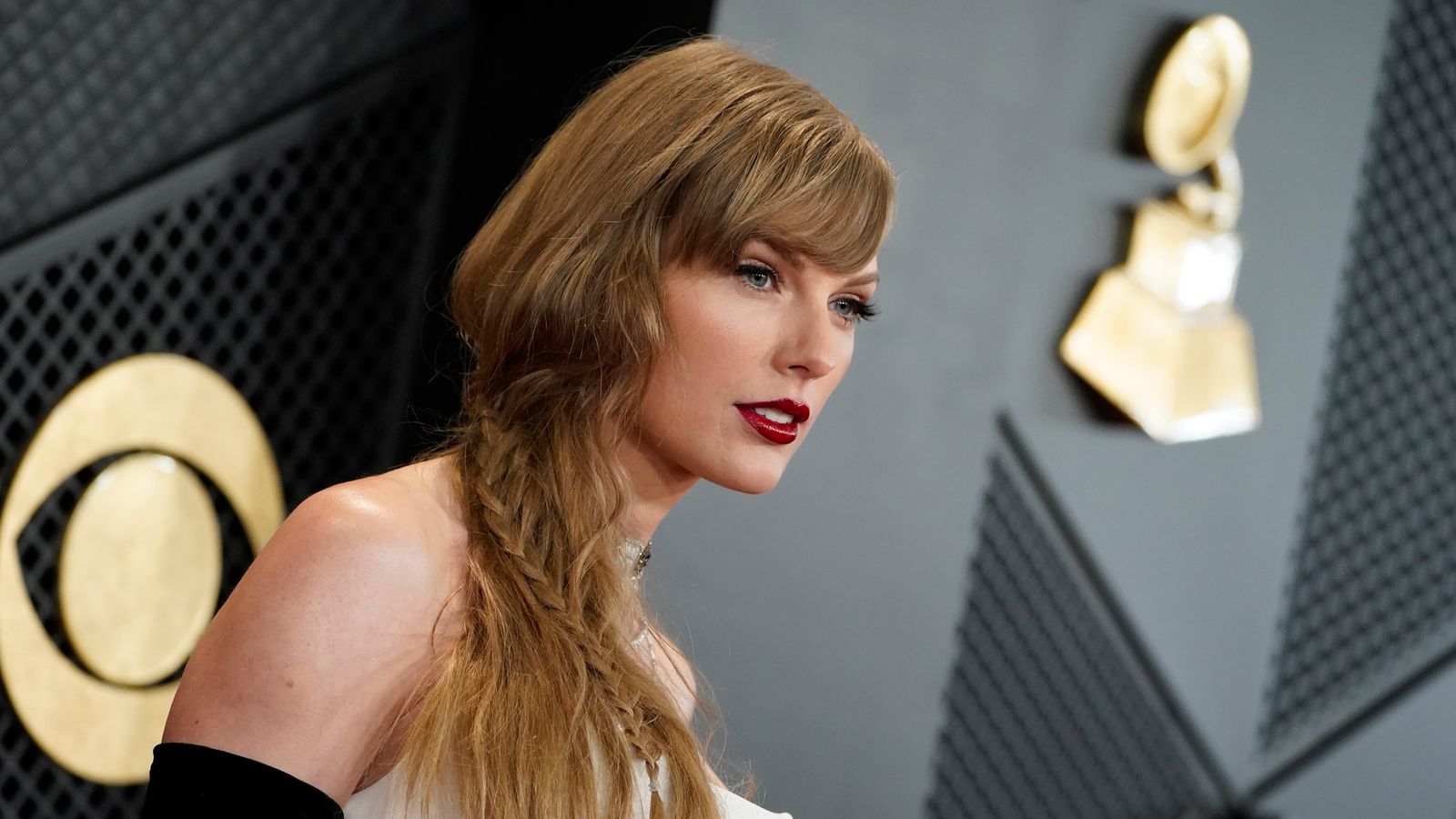The US Department of Justice (DOJ), along with 30 US states and the District of Columbia, filed an antitrust lawsuit against Live Nation on Thursday. The lawsuit accuses the entertainment giant and its subsidiary, Ticketmaster, of wielding a monopoly in the live events industry.
Attorney General Merrick Garland declared, «It is time to break up Live Nation» due to the alleged harm their dominant position inflicts on fans, artists, and smaller promoters.
The suit claims Live Nation controls roughly 80% of primary ticketing for concerts at major venues through Ticketmaster, a result of their 2010 merger. Live Nation, however, maintains these accusations are baseless and that the lawsuit ignores market realities.
A spokesperson stated the company would «defend itself against these baseless allegations» and predicted victory in court, claiming the DOJ’s case misses «the basic economics of live entertainment.»
Ticketmaster’s dominance
Ticketmaster’s dominance has long been a source of frustration for fans and artists. Hidden fees, rising costs, and limited ticket availability due to presales have plagued the industry. In 2022, this dominance came under intense scrutiny when Ticketmaster was forced to cancel the general sale for Taylor Swift’s highly anticipated Eras tour, citing «extraordinarily high demands.»
Swift, a global superstar, publicly criticized Ticketmaster on social media, expressing her anguish at witnessing «mistakes happen with no recourse» after fans faced long wait times and website outages during presales. While acknowledging that 2.4 million fans secured tickets, she expressed anger at the ordeal many fans endured, comparing it to «several bear attacks.»
Biden similar lawsuit against Apple
This lawsuit reflects the aggressive approach taken by President Joe Biden’s antitrust enforcers, who aim to foster greater competition across various industries, including technology, healthcare, and groceries. In March, the DOJ filed a similar lawsuit against Apple, alleging a monopoly in the smartphone market.
Garland claims Live Nation’s «unlawful, anticompetitive conduct» allows them to monopolize the live events industry, leading to higher fees for fans, fewer performance opportunities for artists, and limited options for smaller promoters. The lawsuit further details Live Nation’s direct management of over 400 artists, control of 60% of concert promotions at major venues, and ownership/control of over 265 concert venues in North America.
The DOJ’s previous approval of the Live Nation-Ticketmaster merger in 2010 came with conditions designed to prevent harm to competition. However, the department claims Ticketmaster retaliated against venues using other ticketing companies, leading a court to extend most of the DOJ’s oversight of the merger to 2025.
Live Nation has consistently maintained the legality of their business practices
Live Nation has consistently maintained the legality of their business practices and blamed competitor complaints, including resellers, for prompting the investigation. The company downplays the lawsuit’s impact, claiming it «won’t solve the issues fans care about» regarding ticket prices, fees, and access. Additionally, they argue the DOJ’s case is «a PR win in the short term» and destined to fail because it disregards the economics of live entertainment, with most service fees going to the venues themselves.
This legal battle is likely to have significant ramifications for the live events industry.


